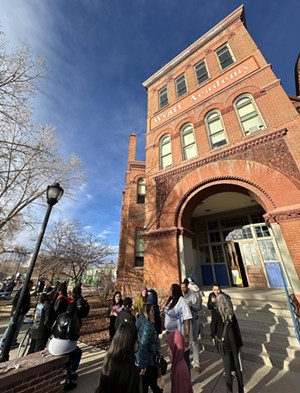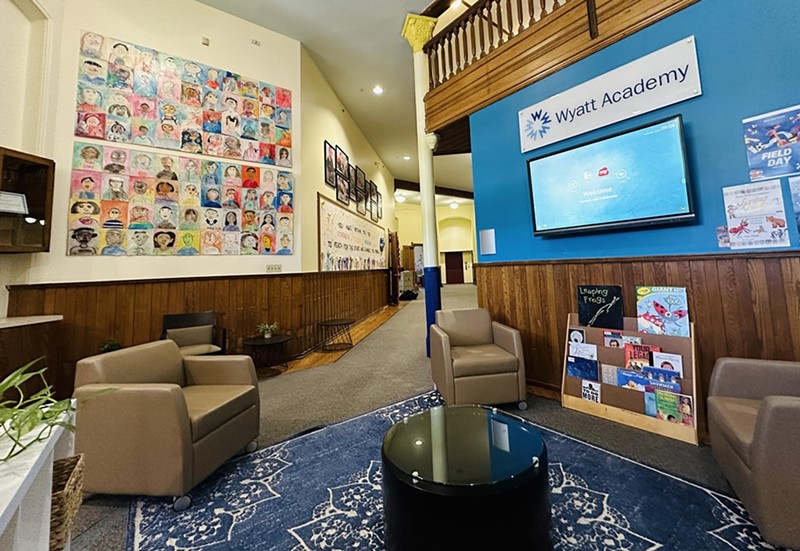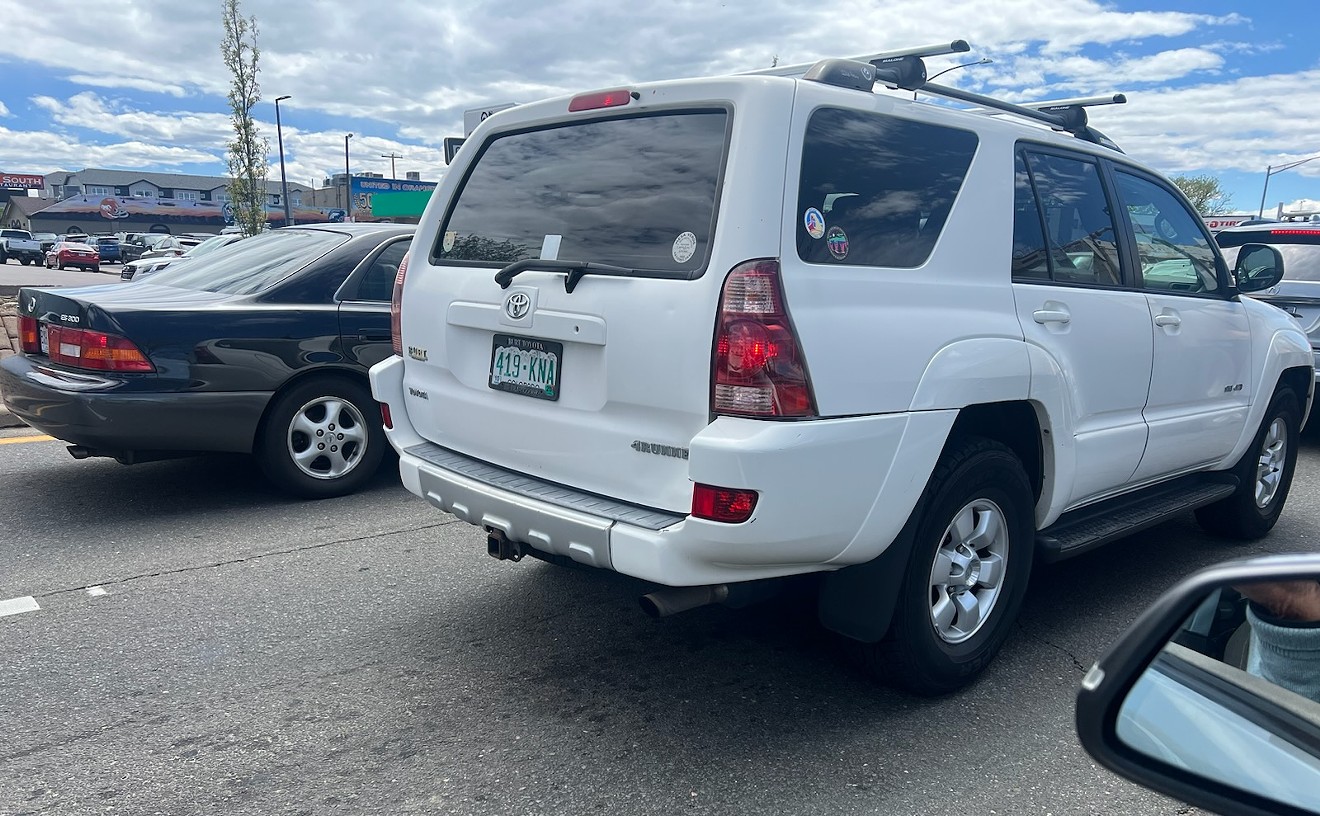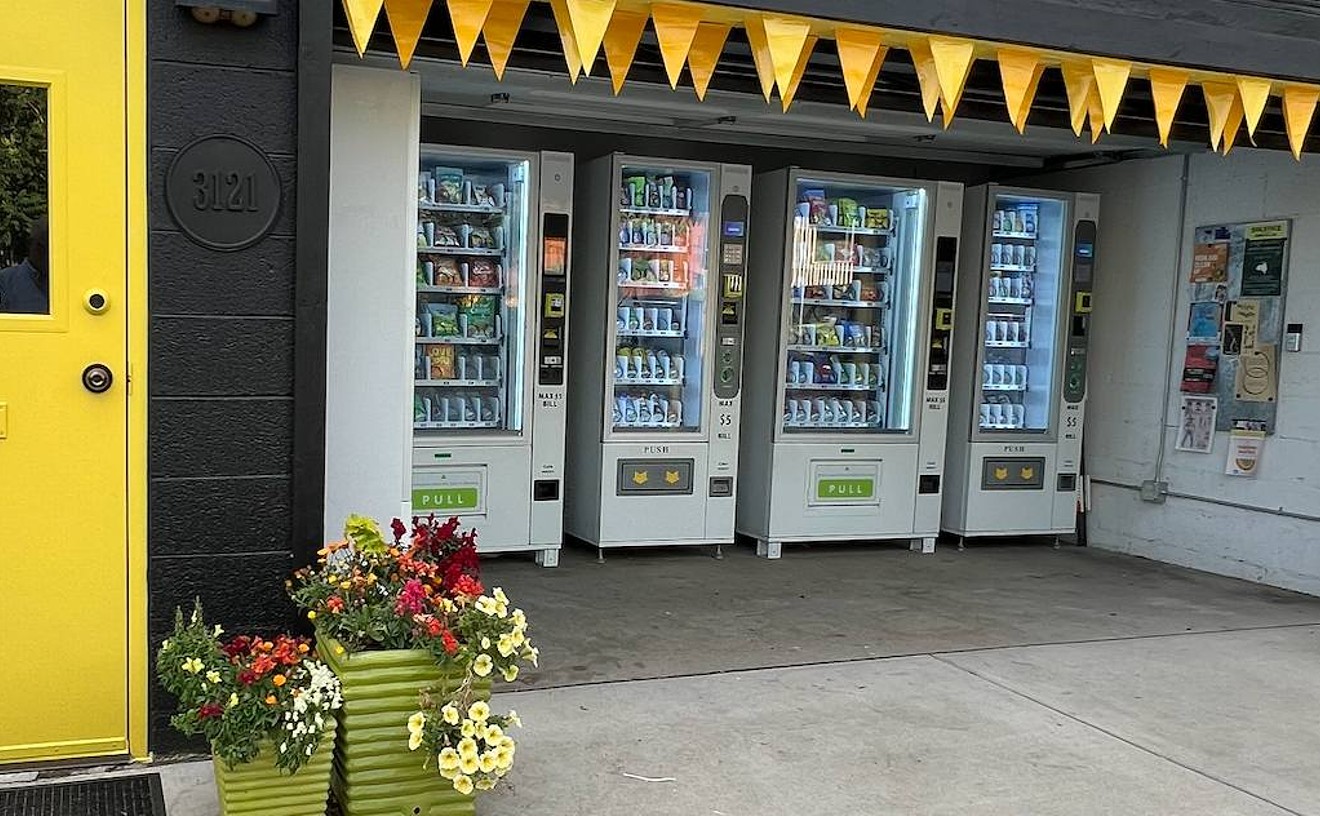"Why? Why did we have to go there? What led you to a place that made you feel like closing down this school was your only option?," the longtime educator asks. "I still can't fathom why they felt like that was right."
The attempted shutdown — initiated by members of Wyatt's nearly all-white board of directors, most of whom have since stepped down — happened in February, while the Denver charter school was allegedly facing "attrition in the near-term," according to the board at the time.
The previous board announced that if Wyatt did not close and merge with nearby University Prep, another K-5 charter school, members would be "compelled to undertake considerable efforts in the upcoming years, especially in areas of leadership and fundraising." A preliminary vote to move to close the school was conducted without informing staff and parents. But the official vote failed to pass by a margin of 5-4.
Means believes a lack of cultural understanding and diversity were at play, arguing that there was no sense of connection or communication between the school's predominantly Black and Brown student population and the former board.
"We needed to see different representation," she says.
At the time, eight of Wyatt's nine boardmembers were white, while Wyatt had a student population of 193 non-white students and just 22 white students.

Wyatt Academy's student population is made up of 193 non-white students and 22 white students in grades K-5.
Westword
"Since then, the board has been working to increase the communication and connection of the board to the school community," says new member and interim vice chair Aisha Lloyd, speaking to Westword via email on behalf of the board.
Part of these efforts include recruiting new boardmembers who come from backgrounds similar to those of the students and educators they're governing, according to Lloyd (who is Black), and making sure they can relate to Wyatt's largely Black and Brown school community.
"We definitely are eager to attract boardmembers from a diverse array of backgrounds," Lloyd says, speaking on the phone on her own behalf.
"We know that Wyatt is a school that is predominantly Black and Hispanic, so we are working hard to recruit members who may identify with that background, and also the background of being an educator and a community member. Having those other skill sets that will help us to govern the school."
Lloyd says that if there's an applicant who comes forward and doesn't identify racially or ethnically in those facets, the board "leans in" and looks for ways individuals can connect and communicate effectively with students. That's what they did with new boardmember Lyle Whitney, who is white.
"I have no problems with asking those direct questions," Lloyd says. "Asking folks to consider how they identify, and whether they feel they are still going to be able to make the connections to the school that are deeply important to the community. So, even as part of that — Lyle, he also is making sure that he is doing the work on himself to be educated and informed of privilege and how that operates in board governance."
Right now, the Wyatt board is made up of five members: Terry Usry and Rob Hayes, two members from the previous board who voted to keep the school open — and then new members Lloyd, Whitney and Alicia Biggs. Lloyd was the only one who responded to Westword for comment.
As the official governing body of the school, the group says it's working on a number of things that weren't emphasized by the previous board. According to the board, this includes full transparency of board actions to the Wyatt school and external community; recruiting and onboarding boardmembers with proper experience who are more representative of the school community; and securing the school's future through academic success and financial organization.
"Our school finances continue to be in the black, balanced, and with adequate resources to meet the needs of our teachers and learners," Lloyd boasts, calling out the claims from the previous board about Wyatt's finances wobbling. "In addition, the new Wyatt Academy Board of Trustees has increased teacher salaries to ensure more equitable pay for our current educators and continue to attract seasoned and certified teachers for open positions."
Also slowly rising are the school's enrollment numbers, which are currently at 210 right now for the 2024-2025 school year. Originally, the upcoming school year was projected to hit around 200 enrolled students, according to Means, which would have been down from approximately 215 last year.
"My grandma used to tell me the best revenge is success," she says.
A large part of the enrollment boost has come from the enrollment of migrant children through a partnership with nearby Denver nonprofit ViVe Wellness. At least nineteen migrant students have been enrolled for the 2024-2025 school year in kindergarten and first grade.
"They'll have their own classroom," Means explains. "They'll have a Venezuelan teacher, a Venezuelan gym teacher and a para."
Yoli Casas, executive director for ViVe, says the kids and parents are excited to be part of a community-driven school like Wyatt.
"It's such a great opportunity," she tells Westword. "These children have just arrived, so to have the chance to already have a school where kids can be enrolled, feel comfortable and have access to after-school programming and familiar faces is very positive for them. It's great."
According to Casa, the previous board may not have been as enthusiastic about the program. This may have impacted their decision to push for a closure in February, she says.
"We see Wyatt as a community school," Casa points out. "I think [previous boardmembers] missed that part, and also the ability to be resilient. The principal, the teachers, they all thought, 'How can we get people here? How can we work hard to make this happen?' [The old board] missed that vision. They missed all the ways they could be creative. ... It does take work and resilience and passion to get it done, but I think that's what teachers and the school are willing to do for these kids. And [the board] missed that."
Lloyd and Means both say that moving forward, the relationship between the board and the school community will be different.
"There's nobody on the board, or anywhere in our in our immediate future, that's ready to shut us down," Means affirms. "We're working really hand in hand, and everybody's doing everything they can to ensure this doesn't happen again."
One big difference between the new and old boards is the new one's openness to go through training sessions for a better understanding of community issues and needs, according to Lloyd and Means.
"The board before had never gone through any training," Means says. "We just need to have open communication, because there was a dysfunction. There were things happening behind my back. So it's really hard, but it's very much an open dialogue now. Lyle, for instance, comes and tells me everything that's happening, or what he's doing and what the board is thinking. We have one-on-one meetings every other week, which also wasn't happening before. The last board president, Katie Brown, told me she did not have time to schedule them."
Attempts to reach Brown and the other boardmembers who resigned for comment were unsuccessful.
Means openly expects to "bump heads" with Wyatt's new boardmembers over school administration at some point, but there's enough trust there now — which wasn't there before — to make her feel more comfortable and heard.
"It's all about learning and growing," she concludes. "If we know anything about relationships, they take work. There's not any place where it's going to be easy, and we all understand that. But we're very positive-minded going into the next school year, which is very helpful, and there's now a good amount of trust in me as a leader and them as a board."












